Samaaro + Your CRM: Zero Integration Fee for Annual Sign-Ups Until 30 June, 2025
- 00Days
- 00Hrs
- 00Min
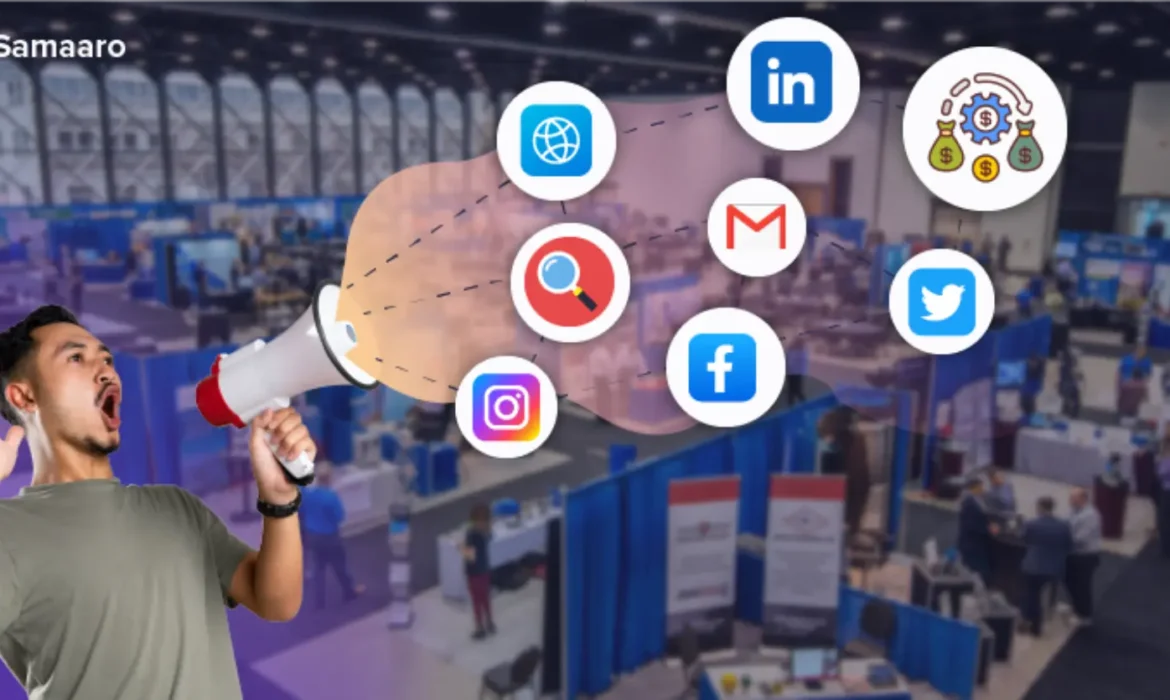
New studies show “B2B marketers are 31% likely to say event marketing is the most effective marketing channel.” Marketing through events is extremely useful for all businesses, such as technology businesses, educational institutions, non-profits, medical services, and retail products.
It was also reported, “52% of marketers believed event marketing has the most powerful return on investment.” Event marketing also promotes thought leadership and industry knowledge, brand recognition, and more.
Now that we understand how impactful event marketing can be, to get the most out of your participation in events and how to utilize the events, you need to build an effective strategy on the marketing effort covering the pre-event, during-event, and post-event activities.
Set goals: Understand why you are attending and what you hope to achieve with the event. Do you want to improve revenue, brand recognition, or lead generation? Your marketing efforts are fuelled by defined targets and can easily track progress.
Create compelling content: Content raises excitement about an event and informs value. This could be emails, videos, social media teasers, and blog postings. Use storytelling techniques to captivate your audience and give a teaser of what is coming.
Use social media: Social media platforms are effective tools for event marketing. Make a hash tag for the event, show behind the scenes images, and encourage attendees to share. Post contests, polls, and live Q&As to engage the audience and build
This article will discuss some effective event marketing tactics to generate excitement, boost attendance and connect with your attendees, everything from a snazzy landing page to social media ads. There are a lot of strategies to explore.
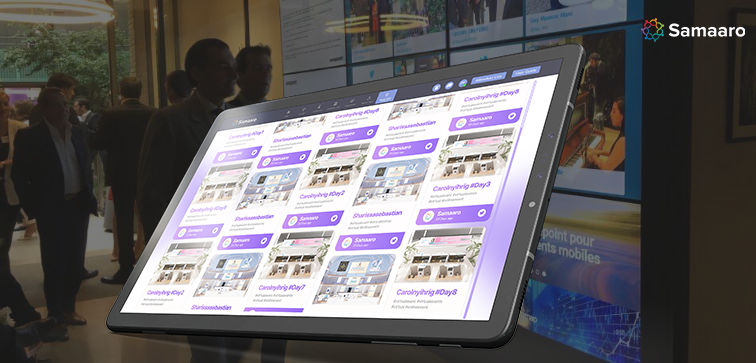
Develop interactive activities to connect with attendees: the idea of an event is to provide something worth experiencing for your attendees. Keep attendees engaged by adding some interactive activities to allow attendees to connect with other attendees on a deeper level; you can use live polls, Q&A, gamification, etc, to connect attendees. You might even have an Instagrammable moment for attendees to share a snapshot of their experience at the event, to help keep them engaged with the experience. Consider providing a photo booth where attendees can take pictures to keep them connected to the experience.
Live stream, and virtual attendees; in the age of hybrid events, use live streaming at your event to help enlarge your audience size. Tweet about it, use hashtags, and engage with your live chats during the event to elevate participation with your online attendees. Think about offering unique digital content to your audience, so they can also enjoy a level of experience.
User-Generated Content; be sure to inform attendees of the event hashtag, so they can take to social media, and share their experience at the event as it happens, with their friends, as the event is occurring. This also empowers attendees to reach a larger audience and adds true testimonials at your event. You might even create contests or incentives for the best user-generated content.
Summarize, and share highlights; after the event, summarize the event with blog posts, or video and social media updates that highlight a few key takeaways from the event and highlight memorable moments that the attendees can recall, as part of the experience. This extends the life of the event and hopefully promotes actions from those who didn’t attend the event.
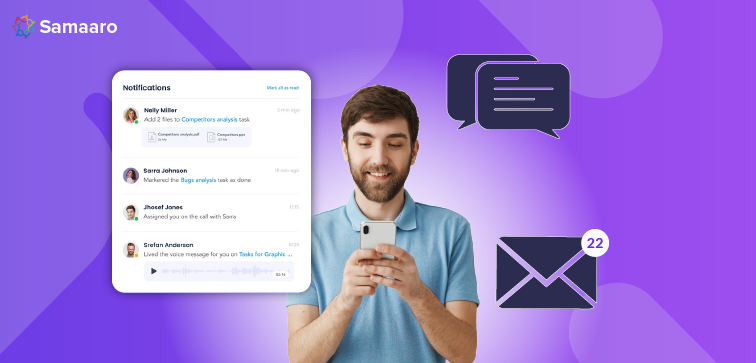
Kick off with a dedicated Event Landing Page
Creating a page dedicated to the aesthetics and concept of your event is a simple but extremely effective tactic. This page will be a powerful tool because it will consistently generate the collection of those interested in attending your event, leading to an increased level of rsvp’s. Samaaro offers a large library of ready-to-use templates tailored to your event’s theme. Beyond design customization, it helps you engage diverse audiences, extend your reach, and maximize impact, with all content optimized for SEO.
To create a landing page that converts the visitor to attendee effectively, the platform should do the following things:
Create an Email Marketing CampaignEmail marketing is consistently regarded as one of the best forms of event marketing. Event organizers often leverage email as an effective tool to communicate with their targeted audience. Email marketing allows you to establish a relationship with potential registrants during the registration phase and nurture registrants right up leading to the event date. Conversely, you can send newsletters reminding attendees of the event with two distinct methodologies: you can send a more informational email to update registrants with things they need to know between registration and the actual event, or you can send a more fun and engaging email to stimulate interest and excitement leading into actual event. Try using a compelling subject line to prompt the user to click the open the email. Even simple subjects like “You won’t want to miss this” can create a ton of excitement and buzz leading to the event. Engage Attendees into Event with 360 notifications Increase the potential for engagement, regardless of the type of event you’re managing whether it is in-person, online or hybrid, it’s important to accommodate the fact that event participants have busy lives and times when they forget about certain sessions or information, they meant to engage in. While it may be helpful to provide each event attendee with their own customized schedule of events, it is also important to have an ability to push notifications via email or through a mobile event application to remind registrants when sessions start, and encourage participants to participate in wellness or gamification exercises that are scheduled outside of the traditional sessions.
Social media above all things is a solid way to make noise about the event. Today when there is more than 3.8 billion people are active on various social networks, it is apparent that it only makes sense to leverage the multiplied of channels where your targeted audience engages with their social media presence.
There are several ways to leverage social media to market your event. You can leverage Instagram with posts and captivating videos and clips, you can establish Facebook pages specific to your event, get a brand or event specific hashtag to start a compilation of all of your own social media content and establish a different lead driven marketing strategies to target some audiences on platforms, while also thinking about how to generate content.
This is your opportunity to build marketing strategies beyond just social media, while still utilizing your social media to engage social media followers. Leverage some of the AI models that the world is shifting towards to generate content for your event. You can engage your event collaborator including the co-hosts and speakers to create cross-promote for shared social media efforts.
Swag Bags
So finally, possibly one of the more important points might be rooting collaborating with branded swag providers to market your brand and present attendees with a gift for coming to your event, let’s be honest everyone likes free stuff! There are almost limitless options for making a great swag bag. The key is to include a plethora of cost effective free branded items at once, whether they are simply in plastic bags, tote bags, or whether you think outside the box and get creative with some alternative vessels for swag like baskets, bowls or crates! Who isn’t tempted by a quality branded mug or koozie?

Built for modern marketing teams, Samaaro’s AI-powered event-tech platform helps you run events more efficiently, reduce manual work, engage attendees, capture qualified leads and gain real-time visibility into your events’ performance.
Location
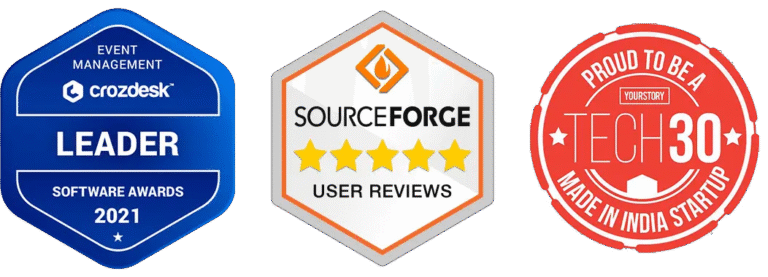
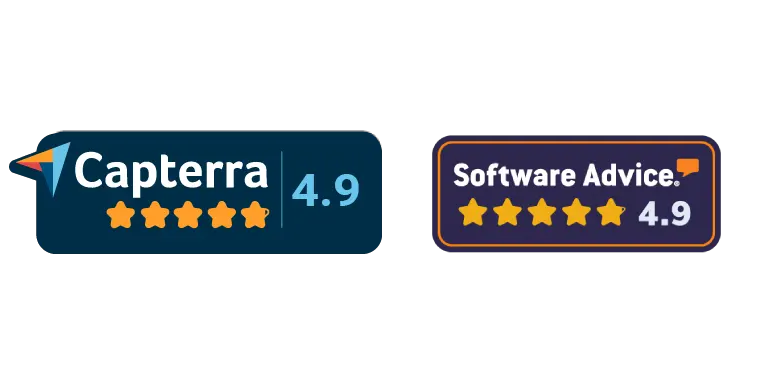
© 2026 — Samaaro. All Rights Reserved.